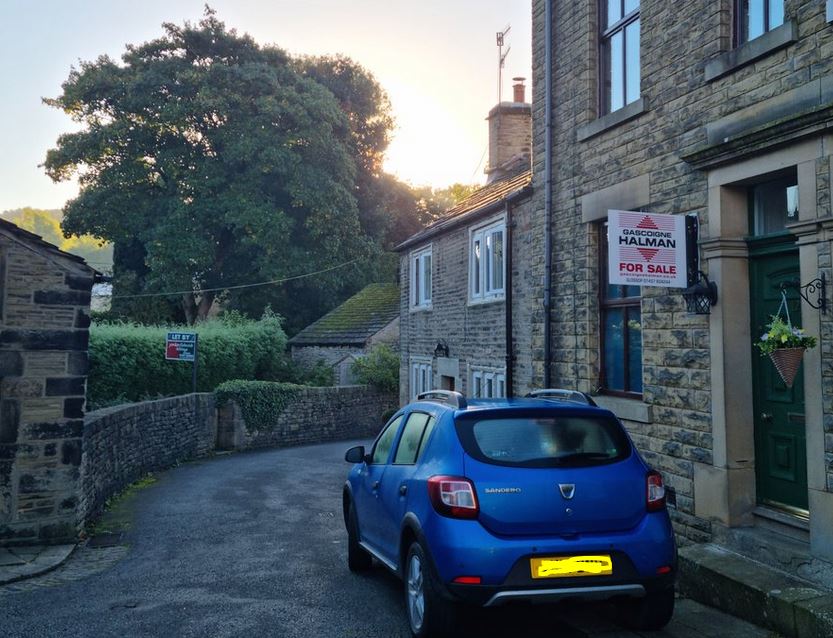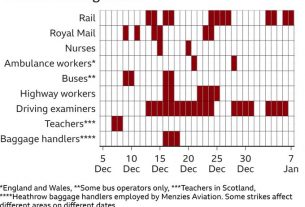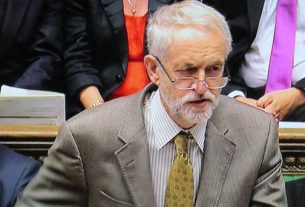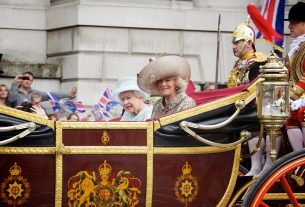A million households will be paying an extra £6,000 per year in mortgage costs by the end of 2026, the Bank of England has warned.
Rising interest rates, hiked to tackle inflation, is increasing the pressure on mortgage holders and businesses. But in its report, the BoE said that while borrowers may struggle with rsising mortgage costs, lenders are strong enough to withstand a rise in customers defaulting on repayments even if there is an economic downturn.
The news comes as a new report from a group spearheaded by Liz Truss claims average Britons are now £10,000 poorer than average US citizens – details below.
Mortgage costs to rise even further
The BoE’s official interest rate has rocketed from 0.1% in December 2021 to 5% now. Borrowers generally pay more than the BoE rate and the current average two-year-fixed mortgage is now higher than the 6.66% peak reached after the disastrous mini-budget introduced by Liz Truss and Kwasi Kwarteng last autumn.
Economists are predicting interest rates will rise even further in the UK with inflation proving “stickier” than expected. Markets are expecting a further 1.5% rise, according to Sky News.
“While the burden of servicing mortgages overall is going up from 5% of homeowners’ income to 8%, it’s still below the peak in 2007 of 10% and many households are protected, for now, by fixed rate deals,” said the BBC economics editor Faisal Islam.
“However, a growing minority of people are facing a significant and painful adjustment. By the end of this year a million households rolling off fixed rates will be paying at least £200 per month extra. By the end of 2026 a million will have to find an extra £500 per month.”
Rishi Sunak is continuing to focus on curbing inflation, repeating it is his “number one priority” taking “precedence over everything else”.
In a blow to Conservative supporters and his backbenchers, Sunak seemed to rule out any imminent tax cuts.
“Given the context we face, we are going to make sure we bring inflation down and we don’t do anything to make the situation worse or last longer. That is our overall approach.”
His comments come as the Treasury’s tax and spending watchdog is reportedly “preparing to sound the alarm over the impact of rising interest rates on the public finances”, according to the Guardian.
The Office of Budget Responsibility (OBR) is set to warn that high inflation combined with soaring borrowing costs caused by rising interest rates will deliver a double blow to Sunak’s electoral ambitions. Economic conditions will make it harder to meet one of his five key pledges – reducing Britain’s national debt – as well as significantly reducing his scope for any pre-election tax cuts.
The OBR’s annual “fiscal risks and sustainability report” is due to be published on Thursday and will lay out the implications of rising interest rates and “the vulnerability of the UK’s current debt position”.
Truss launches Growth Commission
Meanwhile, former PM Liz Truss has launched the Growth Commission – an organisation of economists focused on highlighting the issue of low growth.
The group claims that “consistent growth levels” of 3% for the UK by 2040 are possible and will enable extra spending worth £35,000 per household per year.
A new report by the Growth Commission claims that average Britons are now £10,000 worse off than their US counterparts – £36,658 per capita compared to £52,996 in the US.
“The average [US] American is earning a third more than the average Briton, roughly a £10,000 gap in annual spending power between the two, which represents a difference of £24,000 between the average household in the UK and the US,” states the report.
“If over the next two decades the UK economy could achieve annual GDP per capita growth of 3% – as was achieved in the UK in 1950s and is currently being achieved in a country like Poland – the economy would be 65% bigger by 2040.
“This translates in today’s money to nearly £15,000 more for each person to spend each year; and additional tax revenues of £670bn.”
Truss’ tenure in Downing Street – the shortest of any PM in British history – caused economic chaos after her chancellor Kwasi Kwarteng’s mini budget introduced un-costed tax cuts. Truss sacked Kwarteng as bond prices, interest rates and mortgage costs spiked, replacing him with Jeremy Hunt, who has been kept on as chancellor by Sunak.




